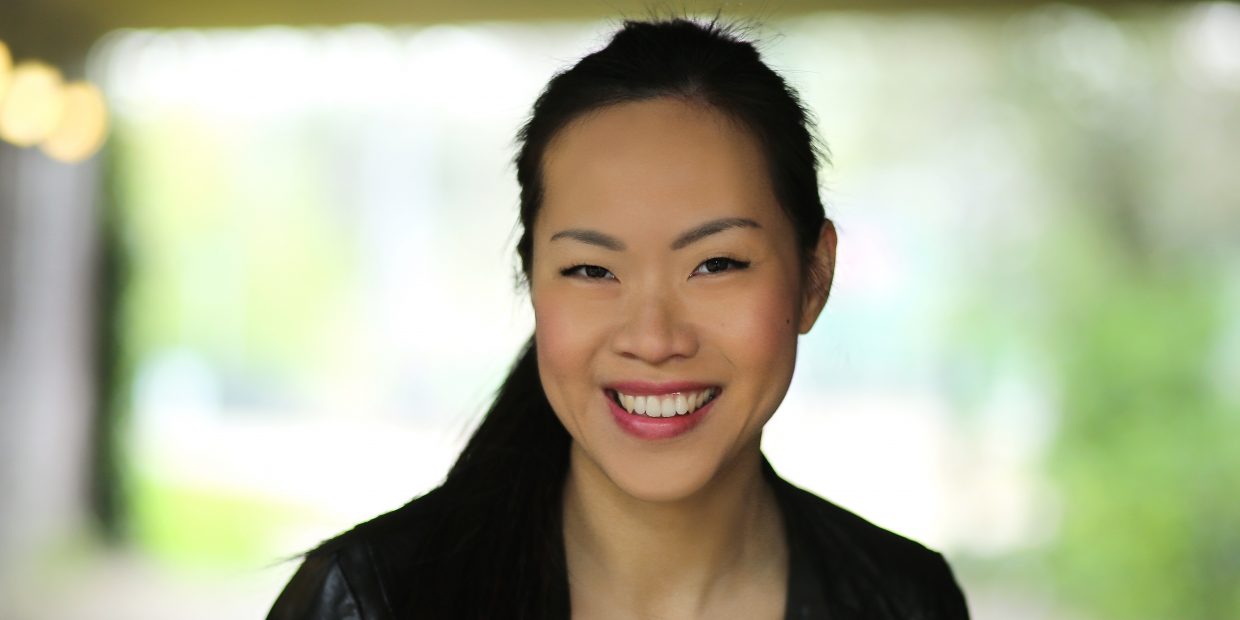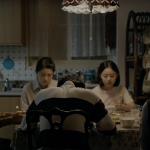Actress and playwright Julie Cheung-Inhin was on the Race Equality Committee of the actors’ union, Equity, when a controversy erupted around comments made by actor Laurence Fox on BBC One’s Question Time.
Responding to remarks from academic Rachel Boyle, Fox’s comments included the claim that it was “racist” for him to be labelled “a white, privileged male.” Taking to Twitter, the Race Equality Committee condemned Fox as a “disgrace to our industry,” adding that he “occupied a highly advantaged position” while seeming to “damn any recognition of that privilege as the very racism he claims is exaggerated when people of colour try to discuss it.” Cheung-Inhin was among the committee members who resigned en masse after the union issued an apology to Fox for the tweets.
Since then, the London-based British East Asian actress has put her support behind former committee chair Daniel York Loh, who is standing for council in Equity’s upcoming election. In a recent interview with The Stage, York Loh explained his intention to make the union “more democratic,” improving communication between members and leadership while giving a greater voice to minority members.
Speaking to FilmDoo, Cheung-Inhin reflected on the incident with Laurence Fox, and shared her thoughts on the issues and concerns that the events brought to light.
Questions by William Page and David Pountain
Looking back on the incident with Fox, how do you think we can bring about change when it comes to the issues of race and prejudice that it raised?
It’s interesting because it’s usually about the kind of power structures or platforms that enable people to push out their messages. I think the big thing about Laurence Fox is that he comes from an actual acting dynasty, a well-known, wealthy family, so he has a platform already, and being on BBC Question Time just gave him an even bigger platform. So it’s really how people use the platforms they already have. And the woman that he tried to shut down, Rachel Boyle, who brought up the discussion of race, in comparison to him has a very limited platform from which to speak.
So to answer to your question, it’s about how we use our platform, and about being aware of the platform we have. But in terms of how that actually works, it’s quite tricky because a lot of that is tied into a structure that’s difficult to work against.
It’s really funny because it all just started on Twitter. At the time, we were on Equity’s Race Equality Committee and we had a little WhatsApp group. We decided we should mention something about Laurence Fox because we wanted to highlight how he spoke to Rachel. For him to shut down discussions of race and inequality can be quite problematic.
So we put that on Twitter. At the time, we didn’t even have that many followers. It was probably only a few hundred or something. It didn’t even really get that much attention. It was only because the powers that be in Equity, the higher-ups, saw it and they hate being drawn into controversy. So it was they who then shut down the Twitter account and effectively left us without a voice. Conversely, there were no limitations on Fox’s speech, and members of our committee were then left vulnerable to racist trolls. The irony is that the racists were celebrating Fox’s settlement as a ‘victory for free speech’ when it was quite the opposite.
So how we used it was really just accidental in a way. We didn’t really expect it to happen that way or for it to pan out the way it did. I don’t think it was really our choice that it happened that way or that it got the kind of media that it did but it did kind of show up the issues.
What we probably meant at the time was just to highlight in a tweet that this is not great, this is not on, and just to raise awareness that way. But it took on a different form, and that different form was maybe, in the long run, the more challenging and stressful outcome but was actually better overall.
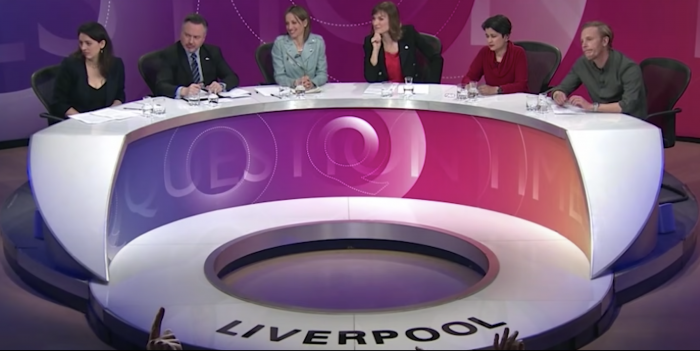
Their reaction essentially poured fuel on the fire and ended up giving you a platform where you previously wouldn’t have.
Yeah, exactly. By highlighting systemic racism rather than the actual issue of Fox, the broader picture became more evident – and I think that’s kind of been 2020 all over. All the things that have been in the news. It’s weird how things come across eventually.
How does that systemic racism often present itself in the industry? And how can people like you and Daniel York Loh try to counter it?
First, we can call out when we see things happening. However, we know this isn’t always safe. Being a minority is difficult because there are times when speaking out against power can be detrimental. Your own safety and mental health needs to be balanced. Then also, you’ve got to try and aim to keep your integrity. So, as an example, if you’re going to an audition, and they ask you to put on a really offensive Asian accent or something, to say actually, no, I don’t think I can pick this role. Just to try and stop the continuation of it, to try and interrupt that continued stereotypical thinking and these assumptions of race and so on.
Also, one excuse you hear a lot for lack of representation is that there are not enough Asians, and that’s even sometimes code for not enough talented Asian actors. British productions sometimes won’t even attempt to use British Asian actors and will just automatically assume they need to source them from America or abroad. But we do exist, there’s a lot of talent out here, and these productions should be using this home talent. We minority actors can do our bit by amplifying each other’s voices and supporting each other’s work. Systemic racism also sometimes assumes that people aren’t interested in minority stories – but when we go out and fill those seats, or tune into the show in great numbers, we prove them wrong.
And then I suppose a lot of it nowadays is also just activism. Again, it’s always about the power structures and the platform. Furthermore, systemic racism is just that: systemic. There is only so much we minorities can do. Asking minorities what needs to be done to fix it puts the onus and work on them. The idea that racism is not a white problem can in a way give white people an easy way out. Rather than ask what minorities can do, the question should be what can white people do.
In terms of numbers, what sort of a response have you got from the industry and people in general to what you’re trying to do? Are there any companies that have come forward and said they agree with you?
It’s interesting because I think with Black Lives Matter we saw a big outpouring, with lots of corporations mentioning how they stand in solidarity with the movement. So on the one hand, it seems like it’s been getting momentum and speed and a lot of people are sort of keyed into it. Certainly I think a lot of companies, institutions like universities and drama schools, have been forced to reassess institutional racism.
But on the other hand, there are a lot of people who would also say that you don’t know how much of this is lip service. How much is really going to change? And that, I think, is maybe still to be seen. I think all progress is good progress. It’s a shame that what happened had to happen before Black Lives Matter could actually move forwards so much, but at least there’s a culture change at the moment and a lot of shifting in thinking. On my Twitter feed around that time, there were all these drama schools saying, “Yeah, we know we need to stand with Black Lives Matter, we know there are issues that need to be dealt with.”
So, in that sense, I feel like there has been something but in terms of numbers, sometimes it’s hard to see how much has actually changed because we all sort of speak in an echo chamber. On the one hand it feels like there are loads of people who support us and are trying to do the right thing, but sometimes it’s hard to know whether the structures or the numbers are in place to actually make much of a difference.
Maybe that’s me being pessimistic, though. Discussions of race and equality have been on the increase for a while now, and people are taking notice. The Race Equality Committee that I was on was the first elected committee. Previously, the numbers standing for election to that committee were so few that they would all be elected unopposed, but ours was the first time there were more members standing for election than there were seats. So minorities are taking more notice. And if we’re talking about council elections, there has been a definite increase in people voting.
So that’s promising. I think people are taking more notice but the effect is still to be seen.
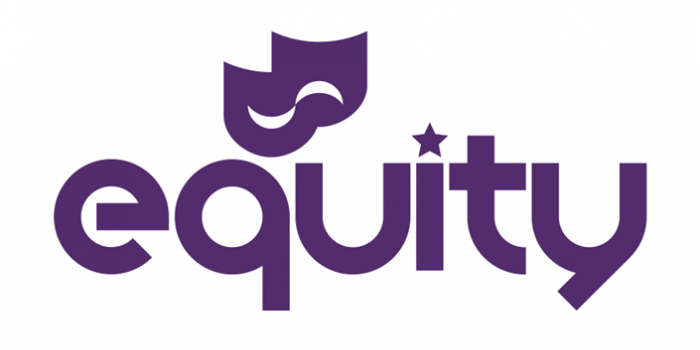
Once someone like Daniel or yourself is on the council, what can then be done to change these institutions?
I’m coming from a background of everything that happened with Equity and our resignation, and I think a big thing that they are really trying to push for is greater transparency. The whole affair with Fox and the decision to settle, for example, all took place behind closed doors and wasn’t communicated to us until it was finalised and actually only hours before the news was to go public. In other words, the people it affected like the ethnic minorities were shut out of the room whilst all the high-level people decided on the outcome. So I think transparency is something that they’re really trying to go for. That and just trying to push for equality again, which I think is one of the big things at the moment anyway.
So how can a council address the issues of the actual industry? And what ideas do you have in order to raise awareness of these issues?
I think it’s all about bringing the stories to the stage or to film. I think that seeing actual diversity on screen – and I don’t just mean racial diversity, I mean all diversity – frequently enough for it to be normalised would mean a big difference. And in order for that to happen, you’ve got to have all the behind-the-scenes change. You’ve got all your producers, directors and all the people who make the choices as to what will be seen, what’s going to get programmed. They also need to be diverse.
I suppose that’s why it’s so difficult. We all live in our own bubble, so how do you change that? It’s about the gatekeepers, and all the people behind the work being diverse as well. If we can get diverse stories on the stage and screen, then things become more normalised, rather than it just being about box ticking or virtue signalling.
I’m actually reading a book called White Fragility at the moment by Robin DiAngelo. There are statistics about diversity or lack of diversity in terms of producers and that kind of thing, and how it’s still very male dominated and white male dominated. So, again, it goes back to the fact that these people are still the ones who have the monopoly to make material. They can only operate within their own field of vision, so we just end up seeing from a white perspective, which becomes the norm.
With regard to the upcoming elections, did you guys make the decision that you would try and instigate change from within?
Yeah, so when we all resigned, it was because we still stood by what we did, and we did not want to be associated with being apologists. So Equity have found themselves in a really unusual position of being without a Race Equality Committee, and all its ethnic minority members don’t really have representation. We offered to reconciliate and even return and whilst this seemed to be met with enthusiasm, we didn’t hear anything more. We do still believe in Equity, though, it’s our trade union, and so we have Daniel going up for Council. He – and we – think change is worth fighting for.
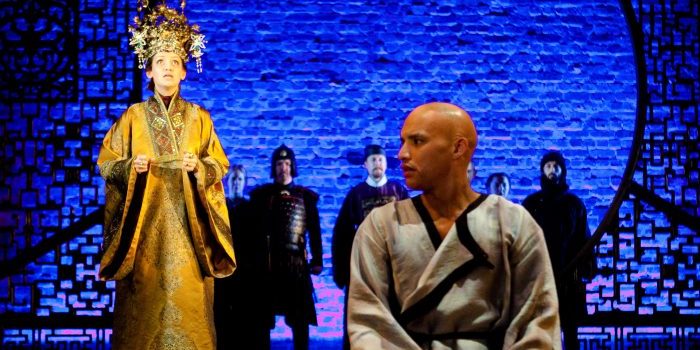
In 2015, you did a one-woman show about your experiences of being an East Asian actor in the UK (No More Lotus Flower!). Do you think the cultural climate has changed much since then?
Sometimes I really think it hasn’t changed at all. That was a play that I did as soon as I finished drama school. At that time, the Royal Shakespeare Company was doing The Orphan of Zhao, which was known as the Chinese Hamlet. They had made the play and set it in China, had lots of Chinese stuff and had no Chinese actors.
So that started a wave of the discussion and debate about yellow face, because obviously blackface is rightly not done now, but then it should also apply to yellow face. And so my solo show ended up being this satirical exploration of the kinds of things that myself and other East Asian, and specifically British East Asian, actors go through at auditions or when they meet other people in the industry. Generally speaking, a lot of those things still happen today. You still get asked to do things like put on an accent or play a character that’s just meant to be Chinese and that’s the one dimension rather than, say, someone who has actual wants like a human being. So I found that a really exciting project to do because it gave me the chance to speak to other people about their experiences.
But yeah, on the one hand, things have gotten better, because there are more plays that we’ve been seeing with East Asians in them. So there is progression there, and the discussion is being had, which is already a sign of progress, but I think we still have a way to go when you look at the racial hierarchy. The Equity team did a statistical analysis on the number of East Asians that we see on screen and it was really, really low compared to everything else.
So I wish I could say it has changed a lot. I think it’s changing but it hasn’t really gone as fast as one might hope. It’s a big thing for me, I suppose, because becoming an actor is actually when I became most aware of my race. Before then, having like a normal job, I hadn’t really noticed it, which in a way shows that I had quite a privileged life in one sense. My race hadn’t really seemed to hold me back that much until I became an actor.
So would you say that this prejudice is worse in our industry than in other sectors?
I’ve sometimes wondered that myself. I think in a way, yes, it is worse in our industry than in others because the arts and the culture form so many of our opinions. What we see on TV and the stage can be quite effective in creating long-held beliefs and stereotypes. It’s delivered as entertainment, so it’s almost like it has a curtain of safety: “Oh, it’s just a story, so don’t take it too personally if this person looks whatever.”
That said, I still think other industries can be bad. When we look at, for example, representation in terms of management and senior management team roles, they’re still very samey. They’re still like it used to be. Still middle-class white men, that very small minority that still kind of has all the power. So I think our industry is worse but I think the different sectors affect people in different ways.

